Leadership and resilience
Ever since I first began to understand the requirements set out in order to take part in the Laidlaw Scholarship, I always wanted to have a strong connection between my Research and Leadership components. Indeed, Lord Laidlaw himself spoke fondly of having a link between learning and leadership and their role in the bettering of the lives of the disadvantaged and marginalised. Today it is more important than ever to have leaders who are strongly informed on the subject which they lead. That is the crux of my current Leadership project. Facing the challenges of remote research due to Covid-19 during the summer of 2020 helped me consider these various barriers and filters that exist between the researcher and their sources. I recognised the extent to which disadvantaged communities are faced with barriers to learning, be these psychological, socio-economic, or physical. Researching local history is a hugely popular field today, but those who wish to know more about their past cannot gain a full picture because of these barriers. My project proposes to remove these barriers by hosting an online workshop for economically disadvantaged people which presents various examples of sources to participants, helps them learn analytical skills, and encourages them to use these skills to pursue knowledge independently and confidently.
There have been various steps in the creation of the Leadership project, which have strengthened my resilience and taught me a lot about the practicalities of Leadership. The first was to identify those who face these barriers to learning. I was fortunate enough to make contact with the staff at Dundee University’s archives. They have spent a lot of time researching these barriers into learning, from which they drew two main conclusions. Firstly, many people cannot physically access the archives should they want to, either due to varying degrees of ability or due to practical reasons. For people who are struggling, entering the archive and learning is not at the top of their priorities. The second was psychological. There is still the ivory-tower image of research which deters ordinary people from entering these places of learning. Both of these challenges had to be addressed.
The second stage was contacting participants. Again, I am grateful to have been in contact with a local community centre in Dundee, called Boomerang, which hosts a regular ‘reminiscence group’ for isolated and vulnerable elderly people in the city. These participants were the perfect candidates, as they had a keen interest in local history but faced the barriers identified by the staff at Dundee. I greatly admire the work that the Boomerang Centre does, and I have spoken to some of the participants remotely myself. In the project, I will act as a catalyst to make people aware of the practical and accessible learning opportunities they did not previously know about. At the same time, I will teach them new analytical skills in a hands-on way helps demystify the research experience and decrease the sensation of alienation common in public research. While the workshop itself is yet to start properly, I am immensely excited to speak to the participants about our shared interests.
The final stage has been gathering information to share with the participants. In this case I had to be careful. I wanted the time period to be close enough as to not feel too alien, but also far enough in the past so as to avoid speaking about events that may have occurred in the lifetimes of the participants. I chose the 19th Century as a frame. During this time, great changes occurred in Dundee. When gathering materials from this period, I found some amazing stories: a set of triplets were born in Broughty Ferry during a period often thought of as having backwards medical practises; a Dundee whaler wrote about a near death experience while exploring in the Arctic; a local minister contacted a colleague in Newfoundland, now Canada, asking for advice on how to help a parishioner. These personal stories are so engaging to a local audience that I am sure they will be very popular among the participants and help demystify the archives.
Yet despite all these exciting and positive developments, I have been greatly tested during these steps. Firstly, when one is in the academic environment for so long it can be difficult to step outside that realm and empathise with what really constitutes ‘common knowledge’. At the same time, it is important not to be patronising to people who face these barriers to learning. All this has helped me develop my management style of leading with consent. My aim is to bring everyone along with me on the journey, and not dictate from the top too heavily. Additionally, I have had to be resilient, as we all have during this last year and a half. Projects like mine, which have been created virtually from scratch, require a careful balance of determination to achieve an original goal and being adaptable to change. My project certainly has changed in the months I have been working on it, through a result of both personal decisions and external forces. However, in its current guise it is neither better or worse than the original idea I had. This has been the greatest lesson. True resilience is not a blinkered charge towards a goal, but an ability to keep what is best about a project despite the changes that are forced upon you.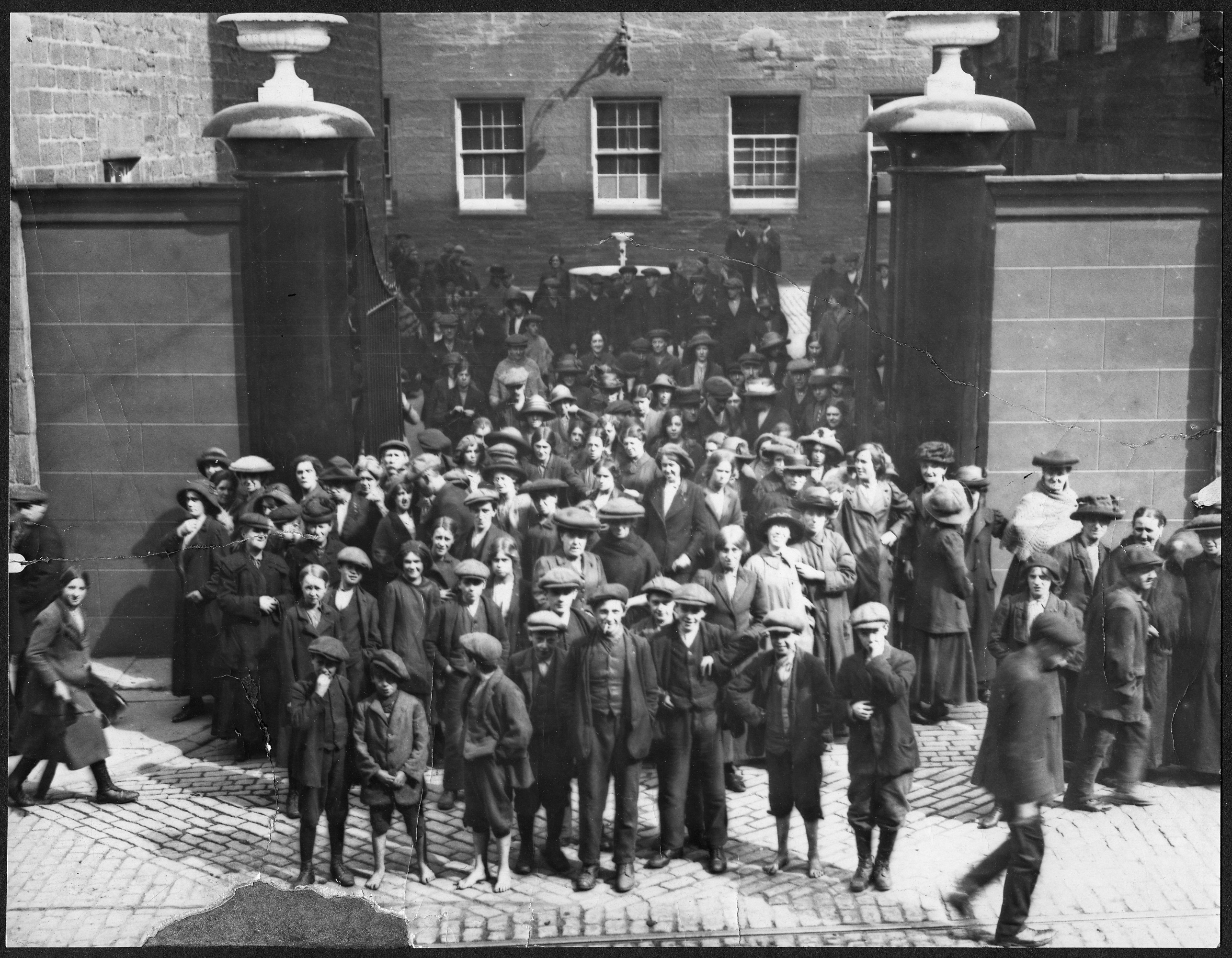
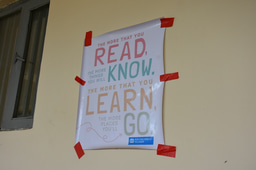
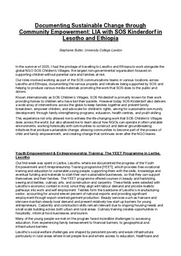
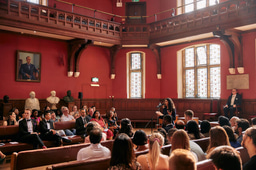

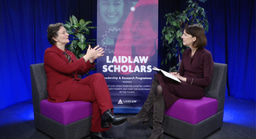
Please sign in
If you are a registered user on Laidlaw Scholars Network, please sign in
Fantastic stuff as always James! I can see this work being really applicable to the local community. York has the Borthwick Institute of archives based in one of the university libraries, and I think a project like this would have an amazing reach into local communities and make a real difference. It also sounds like you're enjoying it, which is great! Can't wait to hear how the rest of it goes :)
Thanks very much, Cath! That sounds like a great resource to teach people about local history! Good luck with your work this summer :)